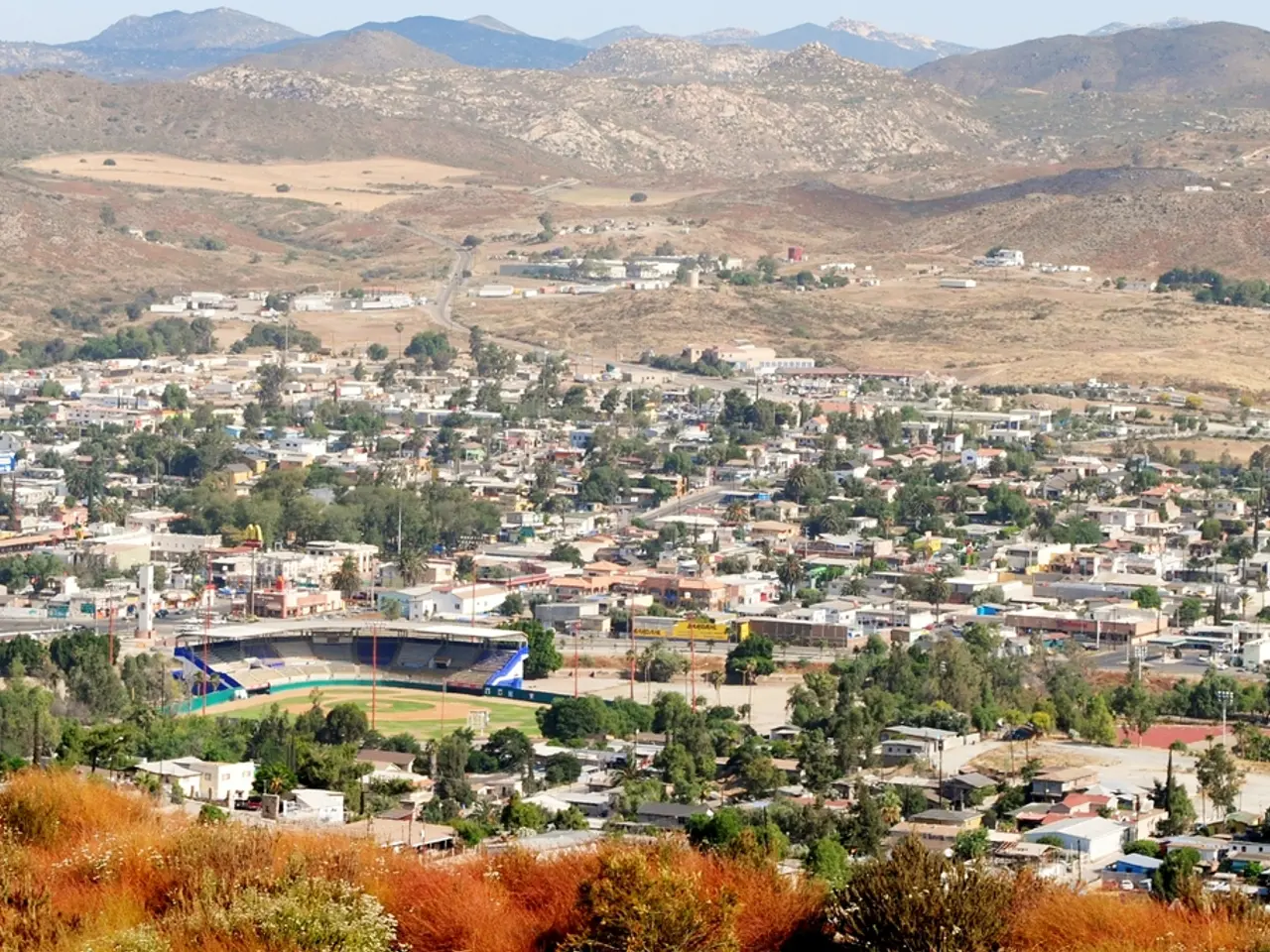Elections in Moldova: Balanced Stability, Politically Unstable
Moldova is gearing up for its parliamentary election on September 28, 20XX, amidst a volatile and polarised political landscape. The election, fraught with regional insecurity and shifting geopolitical alignments, is shaping up to be a significant test for the small Eastern European nation.
In an attempt to accelerate voting and reduce waiting times, Chişinău is introducing digital scanning at foreign polling stations. This move comes as the election is set to attract a large number of diaspora voters, with the authorities actively mobilizing this group to help PAS secure a parliamentary majority.
PAS, the party backed by the European Union (EU), could potentially secure a simple majority due to access to administrative resources and strong external backing. The EU has provided political and financial support to the Moldovan government, with Brussels committing around 300 million euros to Chisinau in 2025 alone, equivalent to roughly 1.8 percent of Moldova's GDP. This support is aimed at assisting Moldova's pro-European reforms and its EU integration efforts.
However, the election is not just a battle for Europe. Domestic issues such as soaring energy bills, inflation, and dissatisfaction with governance remain pressing concerns for many voters. Geopolitical themes rank lower on the priority list, with bread-and-butter issues like higher wages, pensions, economic growth, and jobs taking centre stage.
The election is framed as a choice between European integration and a war-hungry Russia. President Sandu has warned of large-scale Russian interference in the elections, alleging cryptocurrency, paid protests, illicit payments, and a coordinated disinformation campaign. In response, the Șor network, involved in Russian interference, has been criminalized, and its operational space narrowed.
Despite these efforts, approximately 40 percent of voters are undecided or unwilling to disclose their preferences, making the election outcome uncertain. Analysts in Chișinău remain divided over Russia's objectives in the upcoming elections. Political instability is the baseline scenario, although the risk of outright destabilization has declined.
The election landscape is marked by a lack of centrist alternatives, with the Patriotic Bloc reportedly overtaking PAS in the latest polling. Only twelve polling stations will serve residents of the breakaway region of Transnistria, sparking criticism over insufficient participation.
European concern over Moldova's elections is rising, driven by uncertainty over the results and questions about post-election stability. As Moldova navigates these challenges, the focus remains on ensuring a free and fair election that reflects the will of the Moldovan people.
Read also:
- United States tariffs pose a threat to India, necessitating the recruitment of adept negotiators or strategists, similar to those who had influenced Trump's decisions.
- Weekly happenings in the German Federal Parliament (Bundestag)
- Southwest region's most popular posts, accompanied by an inquiry:
- Discussion between Putin and Trump in Alaska could potentially overshadow Ukraine's concerns








